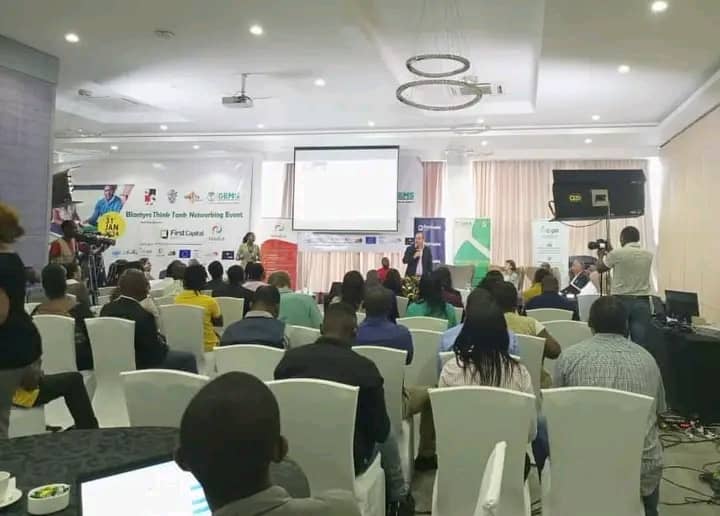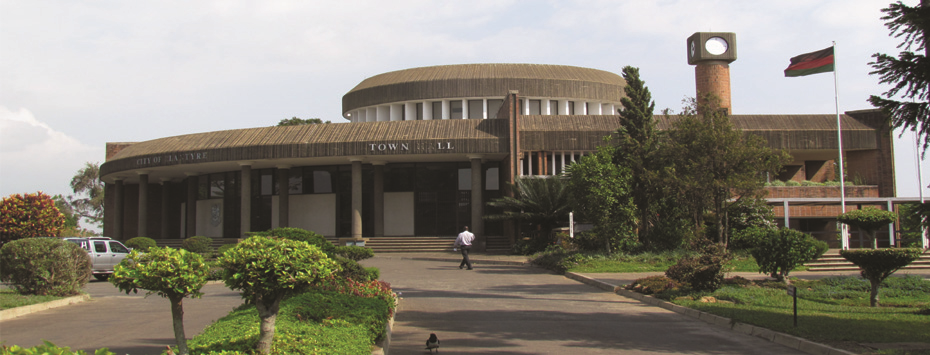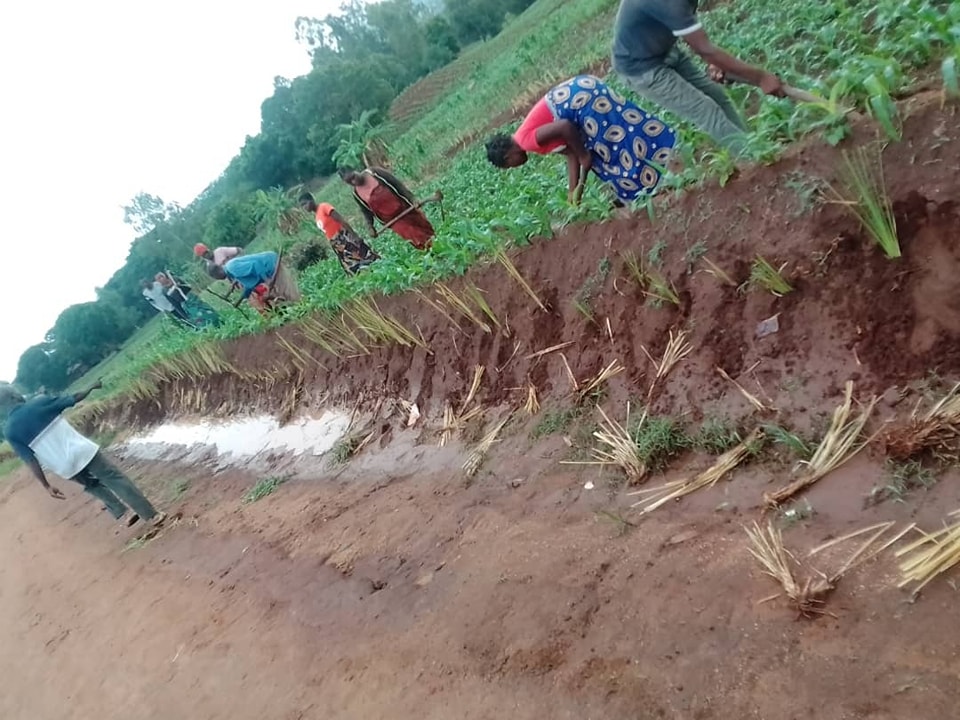Youths Called to Take Charge of Environment
June 18, 2024
Written by Fostina Mkandawire - MANA
The Civil Society Network on Climate Change (CISONECC) has urged youths to lead in environmental stewardship as a way of demonstrating responsibility and giving back to their communities.
This call was made during a training session on Climate Change Advocacy for Children, Youth, and Civil Society Organizations (CSOs), conducted by CISONECC in collaboration with the National Youth Network on Climate Change (NYCC).
Chimwemwe Kapichi, CISONECC's Monitoring, Evaluation, Accountability, and Learning Manager, emphasized the importance of empowering young people and CSOs to advance climate action and become agents of change within their communities.
He highlighted the need to instill values of environmental protection, such as avoiding deforestation and littering, from a young age.
"We know that young people can be powerful advocates for change. They can mobilize one another and bring about significant improvements in their societies," Kapichi said.
Kapichi pointed out that the youth form the majority in the country, and their involvement in climate change and environmental protection efforts can lead to substantial results.
"The project not only educates participants about climate change but also empowers them to be proactive in their communities, fostering a bottom-up approach to environmental advocacy and action," he added.
Edgar Kasiyafumbi, District Social Welfare Officer (DSWO) for Salima, praised CISONECC's initiative for raising awareness among children about their rights and responsibilities regarding climate change.
He noted that Salima is prone to disasters, many of which are human-made due to environmental degradation.
Training the youth on these issues, he said, is crucial. "We need the youth to take responsibility for the environment. They should lead environmental initiatives and act as champions for their peers in the community," Kasiyafumbi stated.
Priscilla Majiga, a 15-year-old participant, described the training as an eye-opener that empowered her to stand up against environmental mismanagement and advocate for climate action among her peers.
She expressed her determination to educate other youths on climate change, harmful practices, and environmental advocacy.
The training session attracted 70 children and youth participants from Traditional Authorities (TAs) Pemba and Kambwiri in the district.
The Capacity Strengthening Programme in Salima is being implemented by Save the Children International in Malawi, with support from the Swedish International Development Cooperation Agency (SIDA).













